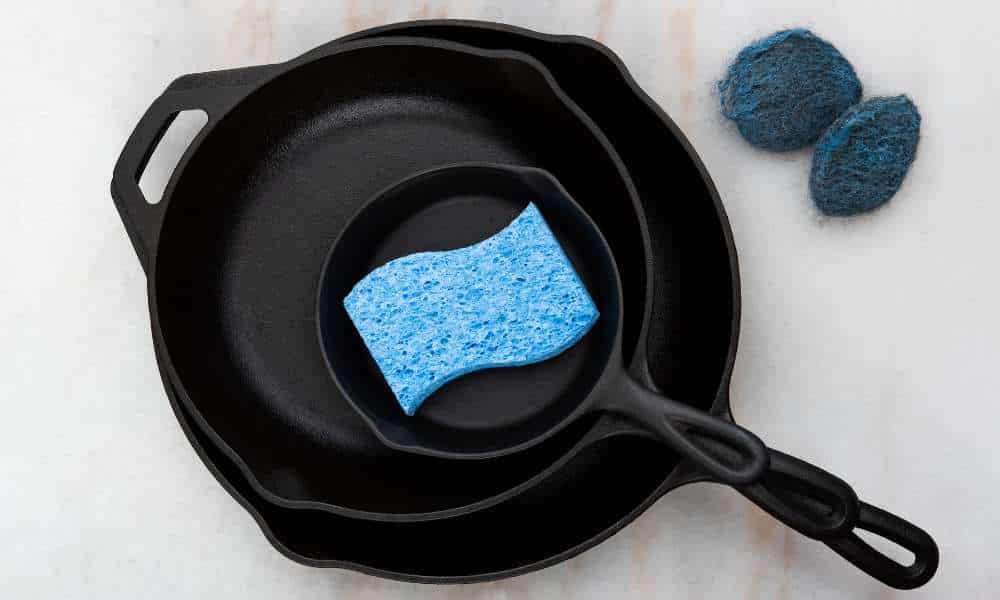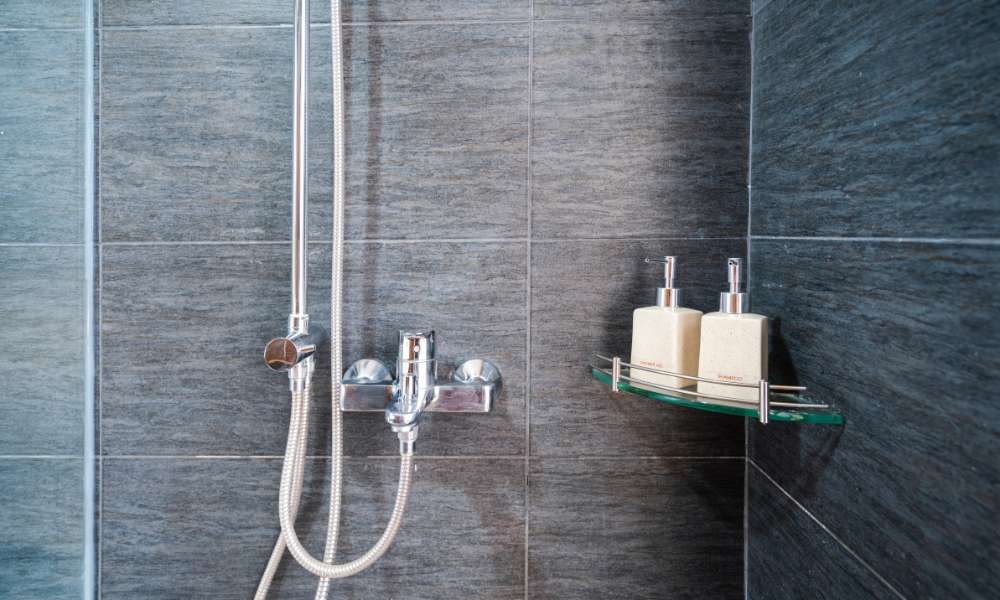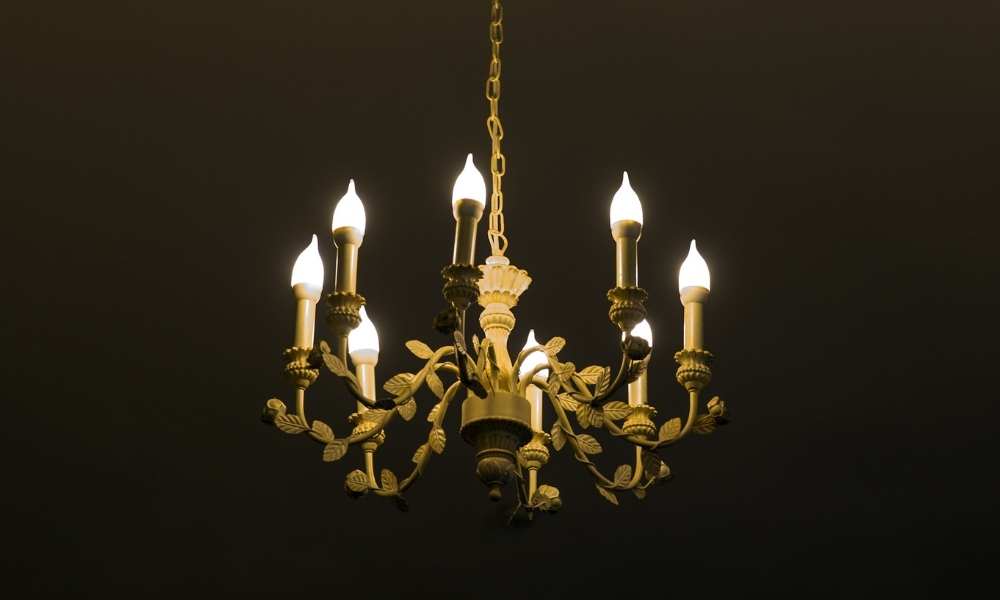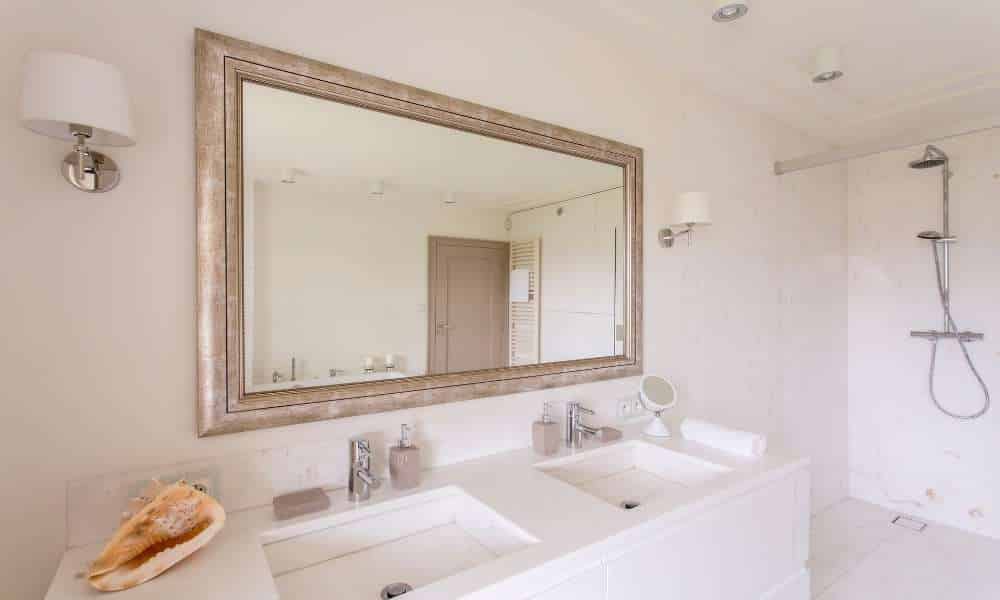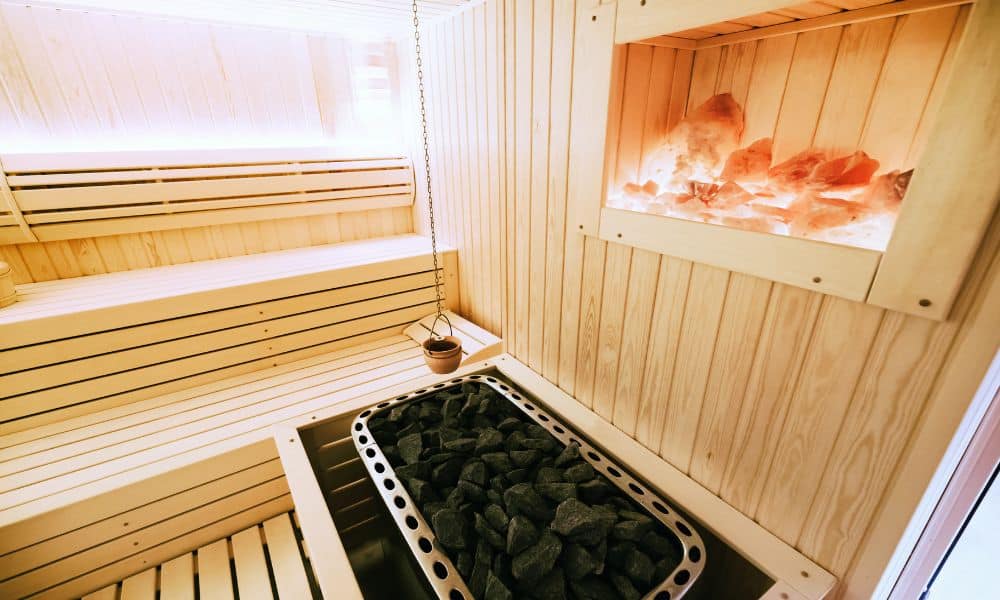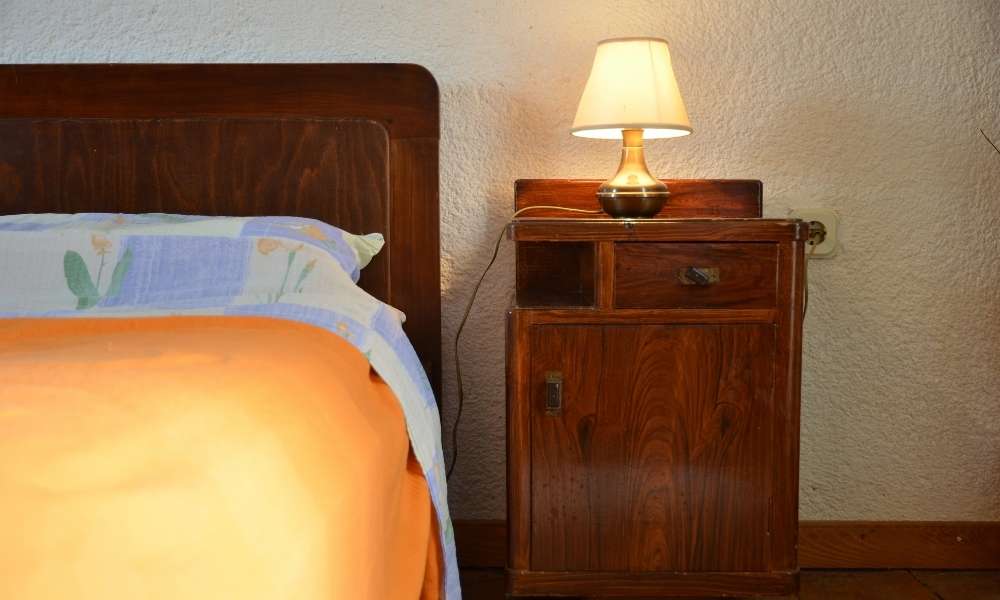Clean tough anodized cookware is becoming an increasing number of famous as people emerge as extra aware of the effect that their meals has at the environment. The anodized coating acts as a barrier in opposition to food contaminants, making those cookware portions perfect for folks who are concerned about the exceptional in their food. As with any new trend, there are a few matters to be privy to when choosing smooth tough anodized cookware, however the benefits actually make up for any potential worries. Anodized cookware is a type of cookware that has been dealt with with a hard anodizing method. This makes the cookware immune to rust and different sorts of corrosion. The anodizing also makes the cookware shine brightly, making it easy to see within the kitchen.
1. Cleaning Hard Anodized Cookware
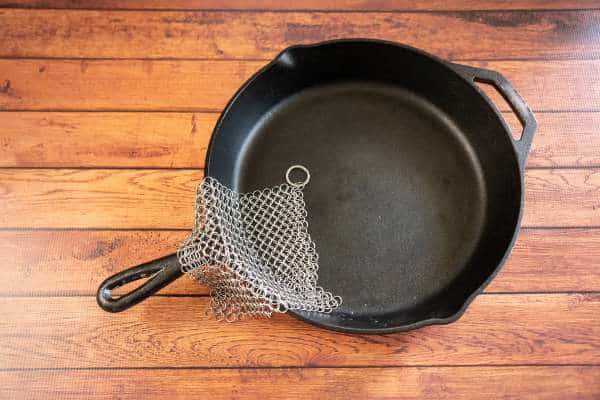
It is important to keep your clean hard anodized cookware looking its best. Always use a good quality stainless steel cleaner. Avoid using harsh chemicals or abrasives, as they can damage the finish. Wipe down the cookware with a cloth dampened with warm water and mild soap. Be sure to work around the edges of the pans and don’t scrub too hard; you just want to remove any food residue and oils. Dry the pans with a clean cloth before storing them away. This will help prevent rusting and corrosion over time. Store your cookware in a cool, dry place away from direct sunlight or heat sources to avoid warping or discoloration of the anodized surface.
2. Preparing The Cookware
Anodized aluminum cookware is non-toxic, easy to clean, and hard-wearing. An anodized aluminum pan will look good and last a long time, but it needs to be prepped correctly to avoid any scratches or blemishes. Use a soft cloth moistened with gentle dishwashing soap. Avoid using abrasive cleaning products or scouring pads as these could damage the surface finish. Rinse the pan thoroughly with cool water and dry it off completely before storing it away. If any food residue remains on the pan after washing and drying, apply a thin coating of cooking oil to the entire surface of the pan before reheating it. This will help prevent sticking and ensure easy cleanup in future dishes.
3. Removing Baked-On Food
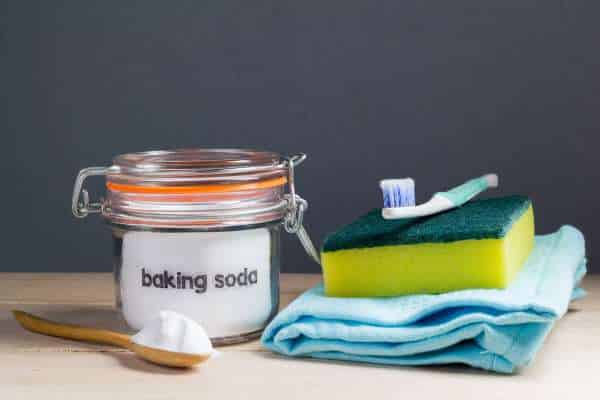
When it comes to cooking, nothing feels better than using clean and shiny hard anodized cookware. Unfortunately, baking-on foods can leave their mark on the surface of these pans. Whether it’s a burnt smell or residue that won’t come off with soap and water, this unwanted buildup is tough to remove. Fortunately, there are a few tricks that will help get rid of baked-on food in hard anodized cookware.
Start by preheating your pan over high heat before adding any ingredients. This will help create a more effective seal between the pan and the food, preventing any moisture from entering and causing sticking. Once your pan is hot, add your ingredients and stir constantly with a wooden spoon or spatula to prevent sticking. Be sure to scrape the bottom of the pan as well for even cooking.
4. Cleaning With Soap And Water
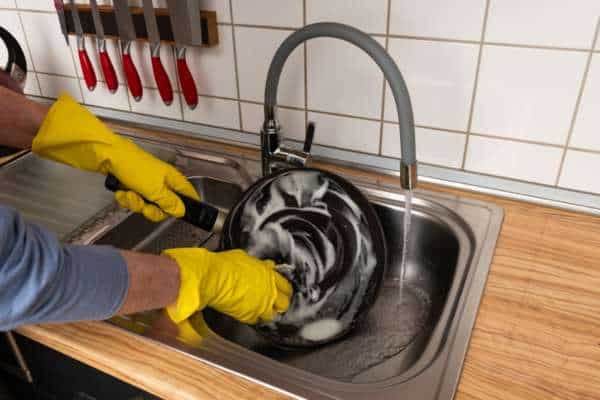
When it comes to cleaning cookware, most human beings motel to cleaning soap and water. But is that this the best way to head? According to some specialists, yes, using soap and water will clean your cookware successfully. However, other strategies can be used to smooth your cookware more efficiently. Examples of those strategies encompass using a tough-bristled brush or an abrasive pad. By the use of this sort of techniques, you will be able to cast off all of the dirt and food residue out of your cookware in a miles faster time than simply the usage of cleaning soap and water.
5. Dealing With Stubborn Stains
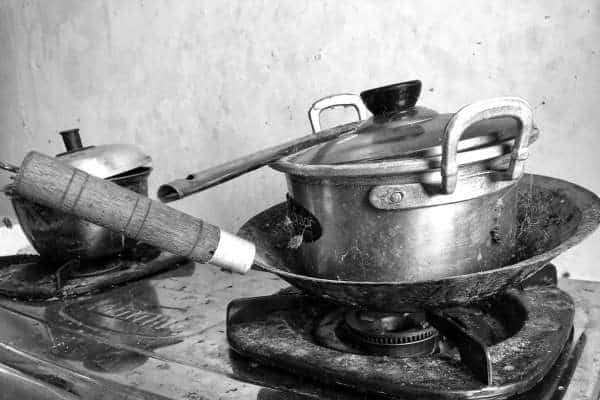
One of the joys of cooking is preparing luxurious meals for friends and family. Imagine your delight, then, when you get to eat what you cooked – and it turns out perfect! But what if something goes wrong? You had planned to make a roast but instead, the beef was grey and stiff; the mashed potatoes were lumpy; and the gravy was thick and cloudy. It wasn’t until after dinner that you realized what happened: your cookware was stained with grease from your roast.
Now here’s where things can start to go downhill. Because even if you manage to get all the grease and food off your pots and pans, there’s a good chance that stubborn stains will remain. And unless you have some serious stain-removing tools at your disposal, they’re going to be difficult (if not impossible) to remove.
6. Utilizing Household Items
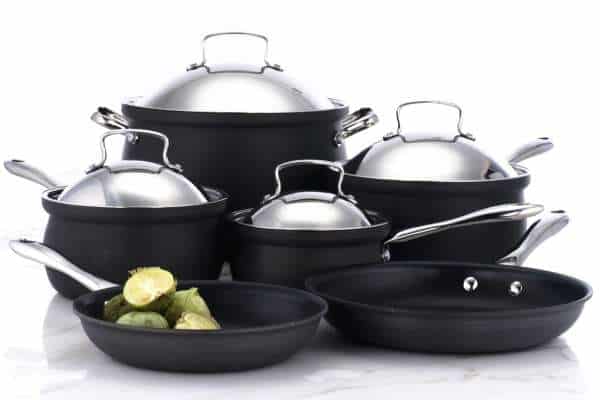
Anodized cookware is a popular type of cookware that is made from hard, durable aluminum. While anodized cookware is generally easy to clean, there are a few tips and tricks that can make the process a bit easier. Preheat the oven to its lowest temperature setting before beginning the cleaning process. This will help soften any built-up food particles on the surface of the pan. Wipe down the entire pan with a cloth towel soaked in warm water and dish soap. Be sure to work quickly so that any soap residue does not dry out the aluminum.
7. Caring For Anodized Cookware
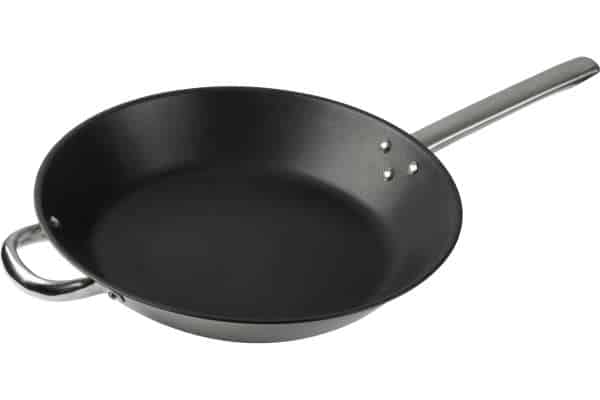
Anodized cookware is a form of cookware that has been handled with a tough, long lasting finish. This finish makes the cookware resistant to scratching and different damage. However, like every other cookware, anodized cookware ought to be cared for to keep it in desirable condition.
Here Are Some Tips For Caring For Anodized Cookware:
Always hand washes your anodized cookware with warm water and mild soap. Never use abrasive cleansers or metal scouring pads on anodized surfaces.
Do not place your anodized cookware in the dishwasher – it will damage the finish. Instead, place it in a cleaning reservoir or sink filled with warm water and a small amount of detergent. Use a soft cloth to clean the surface of the cookware.
Conclusion
If you are searching out a durable, easy-to-easy cookware option, hard anodized cookware is a awesome desire. With Virtually Indestructible coatings and easy-to-clean surfaces, your kitchen will stay tidy and look first-rate whilst cooking! Hard anodized cookware is a first-rate desire for any kitchen. It is straightforward to smooth and durable, making it a super desire for any chef. If you are searching out a brand new set of cookware, tough anodized cookware is a outstanding option to consider.

